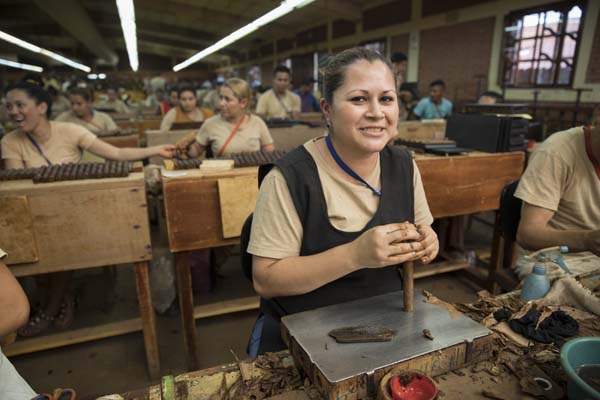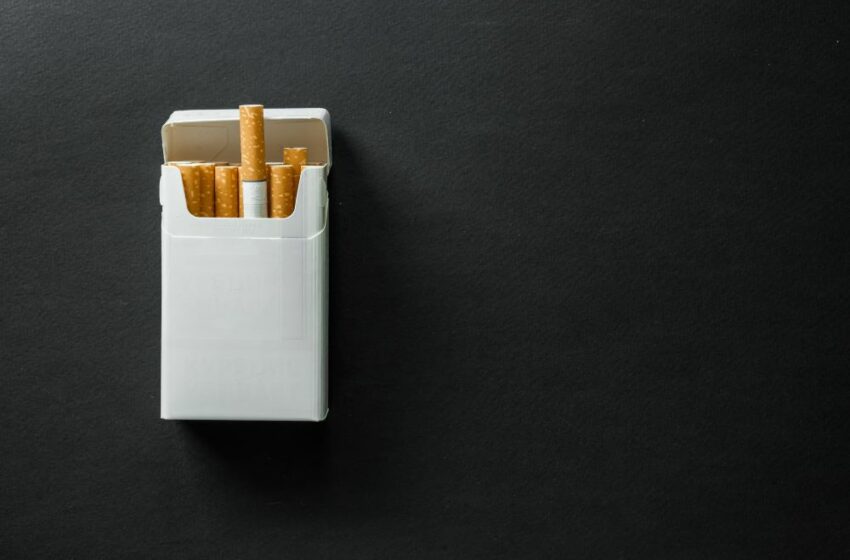
The Cigar Association of America (CAA) has released a report showing that U.S. imports of premium cigars from January-July 2023 are down 3.4 percent compared to the record pace that was set in 2022.
Through the end of July, CAA estimates the U.S. imported 252.81 million cigars, compared to 261.63 million in the same period during the year before.
While the numbers are down compared to last year, the trend line for the first seven months of the year is actually closer to 2022 than the Q1 numbers. More importantly, the numbers are still significantly above pre-Covid-19 levels, reports Halfwheel.
On a month-by-month basis, imports rose in four of the seven months, though March and April were down a combined 11.7 million cigars, or 14.41 percent compared to 2022. Addittionally, there were 6.5 million more cigars imported in May and July, or 8.33 percent over last year.
Nicaragua remains the dominant supplier of premium cigars to the U.S., accounting for roughly 55 percent of imports through the first seven months, according to CAA. However, those imports are down 4.2 percent compared to last year.
The CAA breaks down individual imports from seven countries and all were down except the Dominican Republic, which the group estimates has shipped 3.37 million more cigars compared to the same period last year, an increase of 4.8 percent.



















